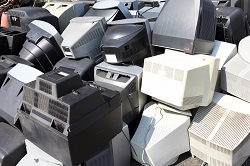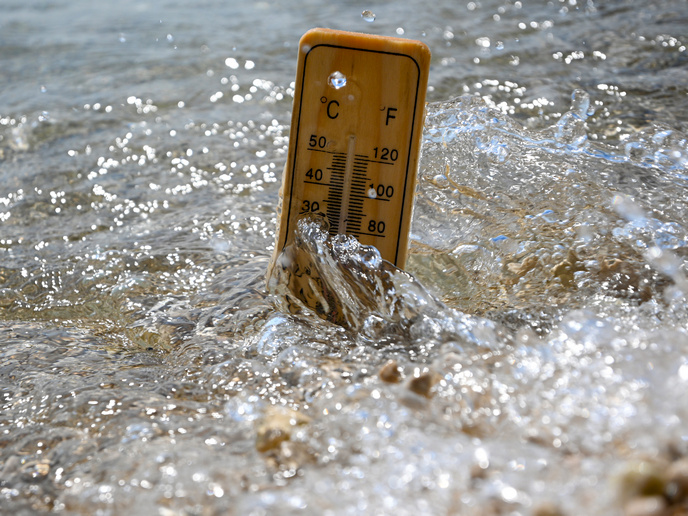Recovering e-waste in Africa
What happens to discarded electrical and electronic equipment? Known as e-waste, in Africa it is often sorted by people on the margins of society, to extract valuable metals and plastics at low cost. But there are hazards. E-waste contains toxic substances such as arsenic, polychlorinated biphenyls, TBBA (tetrabromobiphenol-A) and mercury. Without the right extraction procedures, e-waste can negatively affect human health and the environment. Working together with African countries, in a two year project, the EWIT consortium has provided a toolkit to support safer recycling. The EWIT project was taken on by the European Innovation Partnership on Raw Materials - a platform that brings together representatives from industry, public services and academia. The EWIT project involves organisations from 5 European countries and 4 African countries: Kenya, South Africa, Zambia and Ivory Coast. The project progressed through a series of workshops, twinning European and African cities involved in the project. ‘An African city and its partnering ‘twin’ European city meet with the goal to understand the African scenarios concerning local e-waste management and brainstorm solutions with expert input,’ says Isabella Capurso, project coordinator from Italian not-for-profit e-waste management consortium, Consorzio Remedia. The workshops were held in Choma (Zambia), Kisii (Kenya), Johannesburg (South Africa), and Abidjan (Ivory Coast), followed by expert modelling workshops and a final set of twinned workshops to define action plans. The outcome has been to produce an ‘E-waste implementation toolkit’ which provides a web querying interface that can be used by policy makers and local authorities in developing countries to retrieve information on how to set or improve their e-waste management systems. ‘The tool is formulated like a ‘wizard’ and contains many ‘typical scenarios’ of e-waste management as reference examples,’ explains Capurso. ‘It brings the user across a self-evaluation test of their context, giving preliminary information on potential solutions to improve the e-waste management system.’ The project provides a huge set of step-by-step guidelines which go from the ‘collection’ of e-waste to its ‘treatment’ and the ‘market for secondary raw materials’ phases, which should support African local authorities to develop their own e-waste sectors. The consortium explored several models for the financing of e-waste management systems, as well as providing specific guidelines for central and local government implementation and finalisation of ‘e-waste management’ legislation. An important aspect of the project was the inclusion and acknowledgement of the role of the informal sector in e-waste management. The roles of waste pickers, who work outside the law, were integrated as much as possible into any potential new ‘formalised’ system. EWIT has worked hard to make sure the accrued expertise and advice offered by the tool kit is disseminated to the widest possible audience. At the end of the project the consortium held conferences presenting the portal functionalities in target areas as well as in Brussels (Belgium), Dakar (Senegal), Cape Town (South Africa), and Nairobi (Kenya). ‘The project is an example of Europe and Africa successfully working together and has laid a foundation for future cooperation in the area,’ says Capurso. In the long-term the existing initiative will continue to collaborate on the recovery of secondary raw materials - many partners are already working to develop ideas arising from the project.
Keywords
EWIT, e-waste, Africa, waste electrical and electronic equipment, electronic waste, recycling, waste management







